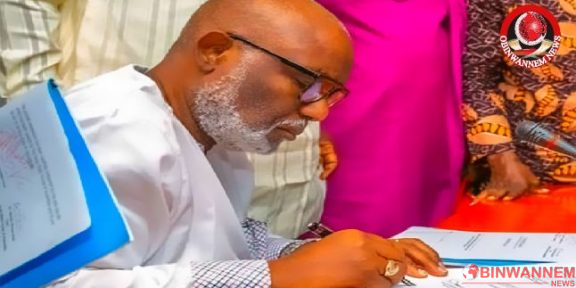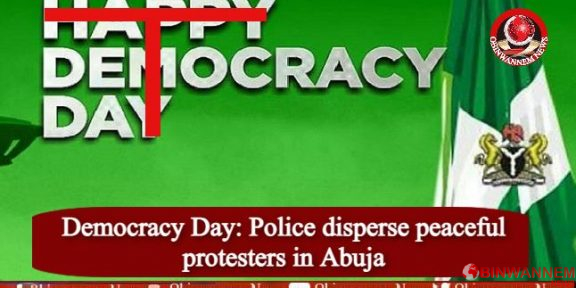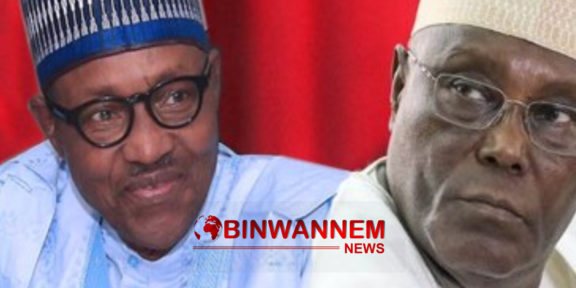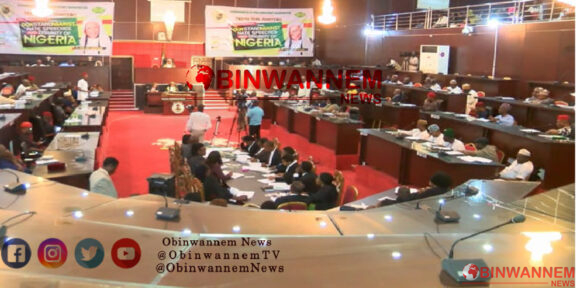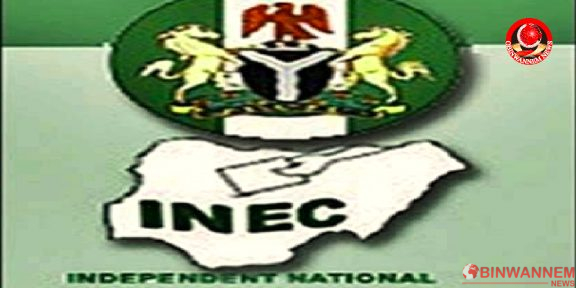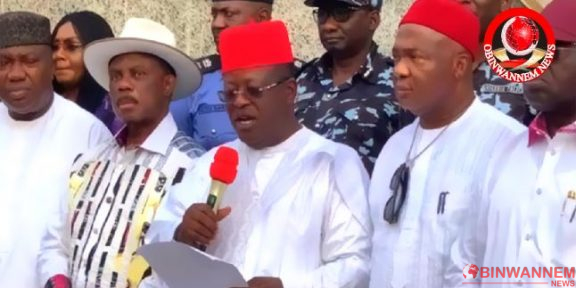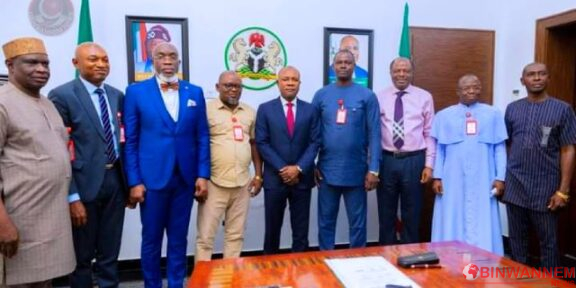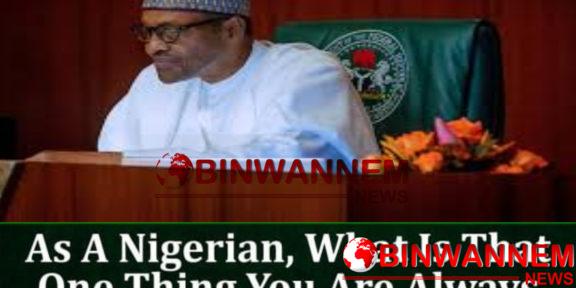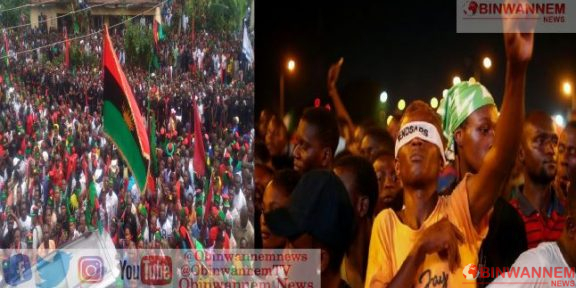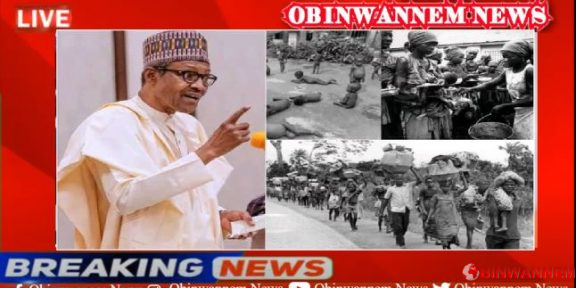In the annals of Nigeria’s political history, the country has witnessed significant changes and transitions in leadership. However, one of the most controversial shifts has been the transformation from what some have termed “Fulanization” under Muhammadu Buhari to the emerging “Yorubanization” under the leadership of Bola Ahmed Tinubu. This article critically examines this transition and its implications for Nigeria’s political and economic landscape.
The Parasitic Political and Economic Classes
Daren Acemoglu and James Robinson, in their influential book “Why Nations Fail,” argue that parasitic political and economic classes are the primary culprits behind a nation’s failure. These classes prioritize their self-interest over the welfare of the nation, resulting in systemic corruption and mismanagement. Nigeria, unfortunately, has seen the proliferation of such parasitic classes, further exacerbated by ethnic jingoism.
The Buhari Era: A Legacy of Calamity
Muhammadu Buhari’s tenure as president left Nigeria in disarray. His leadership was marked by lawlessness and an overall decline in the nation’s fortunes. The consequences of his rule may take decades to rectify. What is even more disheartening is that his successor, Bola Ahmed Tinubu, appears to be continuing and even exacerbating the problems rather than seeking solutions.
Impunity and Corruption
One of the root causes of Nigeria’s misrule is impunity, characterized by the reckless abuse of power and a lack of political will to govern for the common good. Tinubu’s approach to combatting corruption has been selective, resembling personal vendettas more than genuine efforts to root out corruption. Cases like that of Abdulrasheed Bawa of the EFCC and the suspended CBN governor Godwin Emefiele raise questions about due process and justice.
Ignoring the Core Issues
While Tinubu claims to have inherited an economic “empty well,” he has largely ignored the primary areas where corruption haemorrhages the economy. The Nigerian National Petroleum Corporation (NNPC) remains largely unaccountable for extraordinary corruption in the oil industry. The country continues to lose vast quantities of crude oil to theft, and vessels illegally transport crude from Nigerian waters without challenge.
Ethnic Jingoism: From Fulanization to Yorubanization
The shift from “Fulanization” to “Yorubanization” in Nigeria’s political landscape is a concerning development. Under Buhari, the Muslim North held a significant share of key government positions. Now, under Tinubu’s leadership, a similar trend is emerging for the Yoruba ethnic group, particularly in critical areas like the economy and security. This trend threatens the principles of federal character and inclusivity enshrined in Nigeria’s constitution.
The Need for Inclusive Leadership
To address Nigeria’s challenges and foster national unity, it is essential to adopt inclusive leadership. President Obasanjo, despite his abrasiveness, managed to lead the nation effectively while fairly representing his Yoruba ethnic group. The current polarization of Nigeria under Buhari and Tinubu risks undermining national unity and development.
Conclusion
Nigeria is at a critical juncture where leadership decisions can either strengthen or further weaken the nation. The transition from “Fulanization” to “Yorubanization” in leadership appointments raises concerns about inclusivity and adherence to the principles of federal character. For Nigeria to thrive, it needs leadership that transcends ethnic boundaries, adheres to the rule of law, and prioritizes the common good over personal interests. Only then can the nation overcome its challenges and realize its true potential.




